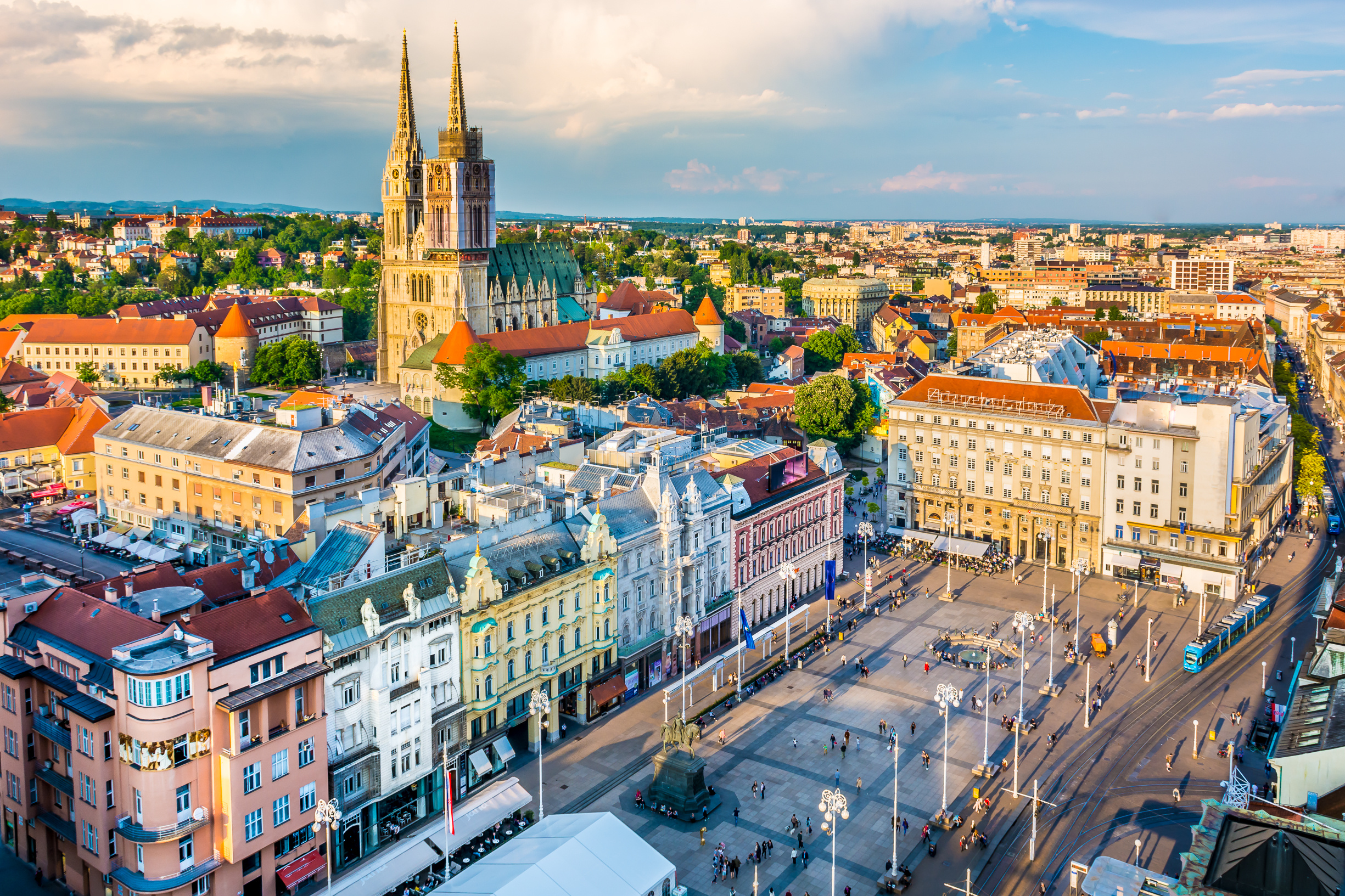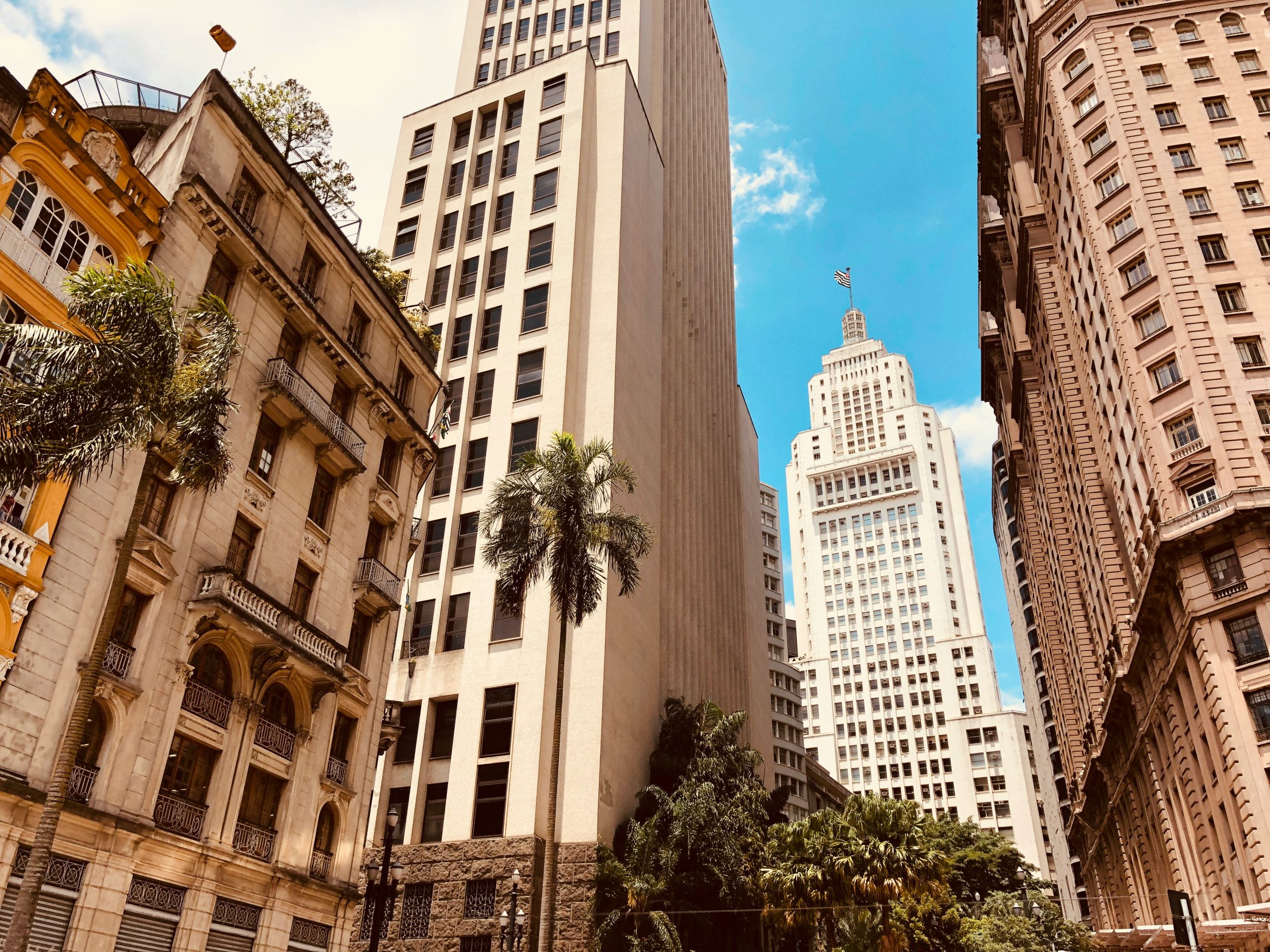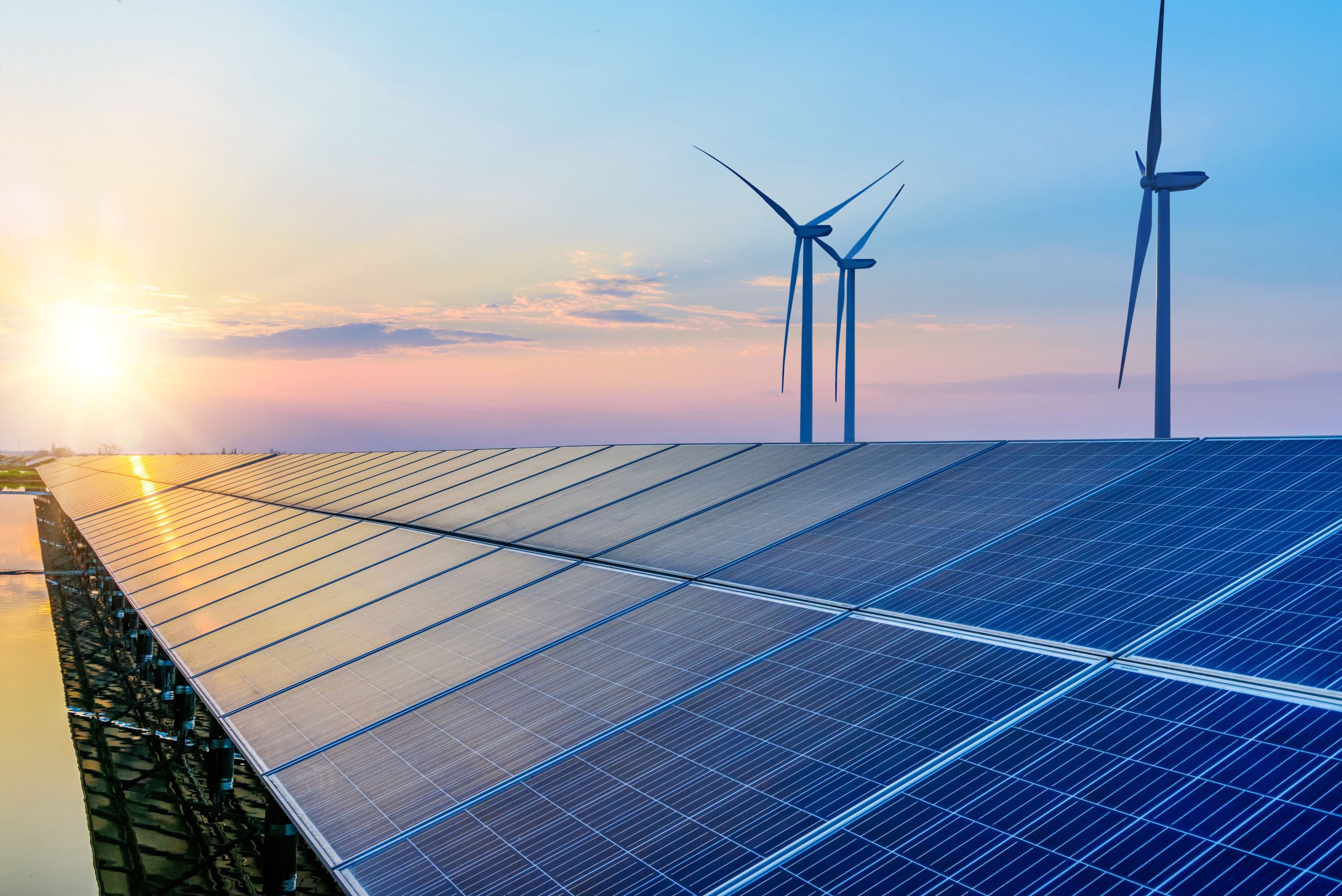Innovative Plant to Produce Hydrogen From Organic Waste

The Zagreb Company DOK-ING has developed an innovative plant for the production of hydrogen from organic waste. A valuable innovation that has no negative impact on the environment will be the first to be tested by small town Križevci for sustainable development projects.
“From the processing of waste that is disposed of at the landfill, we get an energy source in the form of gas that is rich in hydrogen, and if we extract the hydrogen, we can have it as a special commercial product that we can place on the world market,” explained Vjekoslav Majetić, owner of DOK-ING.
Hydrogen is the fuel of the future and is increasingly being used in the green economy.
“The hydrogen we produce is not only cheap, it is of high purity and is used as an energy source in transport, chemical industry and processes where clean energy without soot is needed,” said Filip Stojmenović, head of development, DOK-ING.
Town Križevci will be the first in Croatia to test the unique technology, as they want to environmentally dispose of around three thousand tons of waste per year.
“We use wood chips for heating, so we don’t use hydrogen for heating. As a utility company, it is important to contribute to the reduction of greenhouse gas emissions and the reduction of the impact on the climate. Our goal is for this hydrogen to be fuel for trucks,” said Martin Kozjak, director of the Križevci utility company.
Off-taker interest continues to grow
“We already have some interested buyers in other cities in Croatia and beyond in the European Union, and we can also go outside the European Union. What is important is that we can work with all types of non-recyclable waste, namely plastic, waste wood and sludge from wastewater treatment plants,” said Danica Maljković, Indeloop, member of DOK-ING.
It takes about a year to produce this huge iron plant for extracting hydrogen, an important energy source for our sustainable and green development.
Jakuševec should be rehabilitated so that we process what we have stored there into gas and deliver it to the Zagreb heating plant, so that it can heat our apartments at an acceptable price and that we do not depend on imported gas
Project to begin in City of Zagreb
The President of the INA Management Board, Sandor Fasimon, initially emphasised the company’s commitment to the use of alternative fuels including that which comes from organic waste – electricity and hydrogen, and Hrvoje Glavaš, director of strategic business and public affairs, stated that their project with the City of Zagreb could be realised in two to three years.
INA wishes to build three hydrogen filling stations by 2025 (Zagreb, Rijeka, Split), and five filling stations by 2050. There is significant potential for the application of hydrogen in rail and maritime transport. It was said at the conference that DOK-ING already produces vehicles for the mining industry powered by fuel cells, and the Adriatic Maritime Service plans to request EU co-financing for the construction of a barge with a 1.5 to 2 MW electrolyser that produces electricity from hydrogen.
Byline: Petra Čotić

